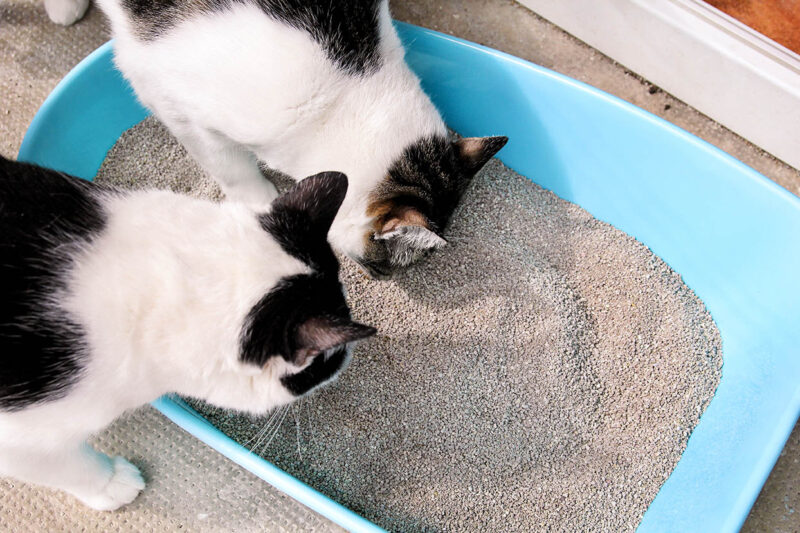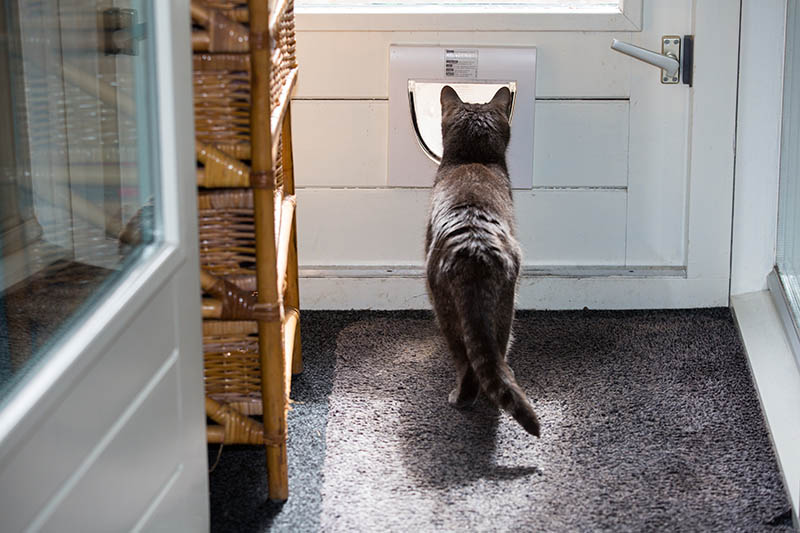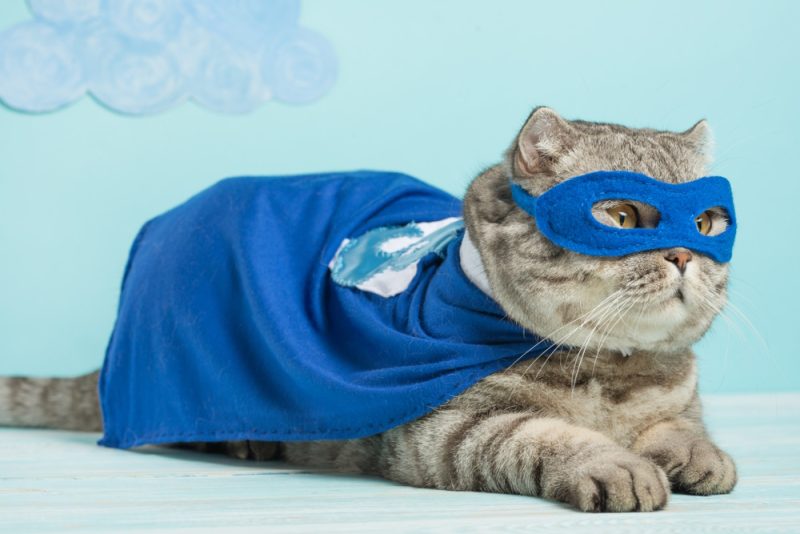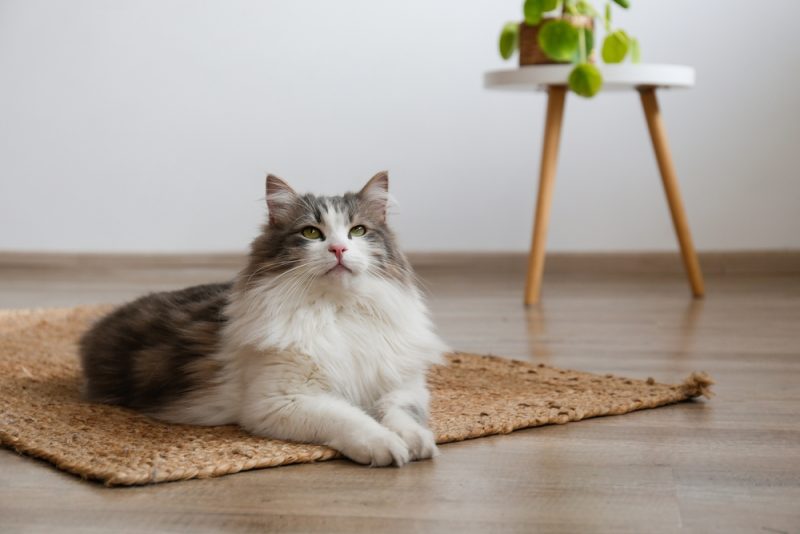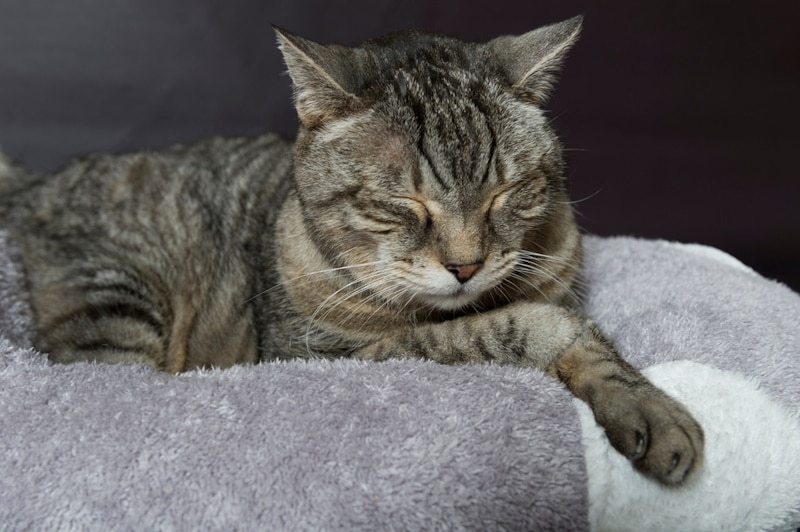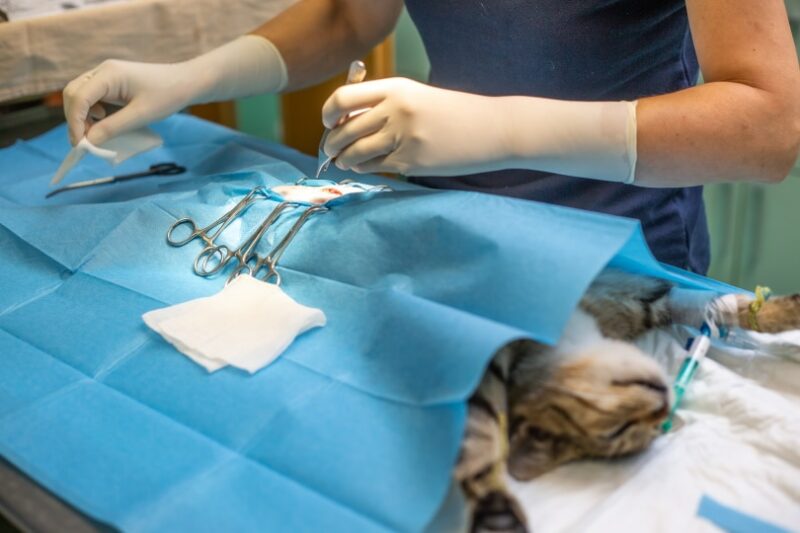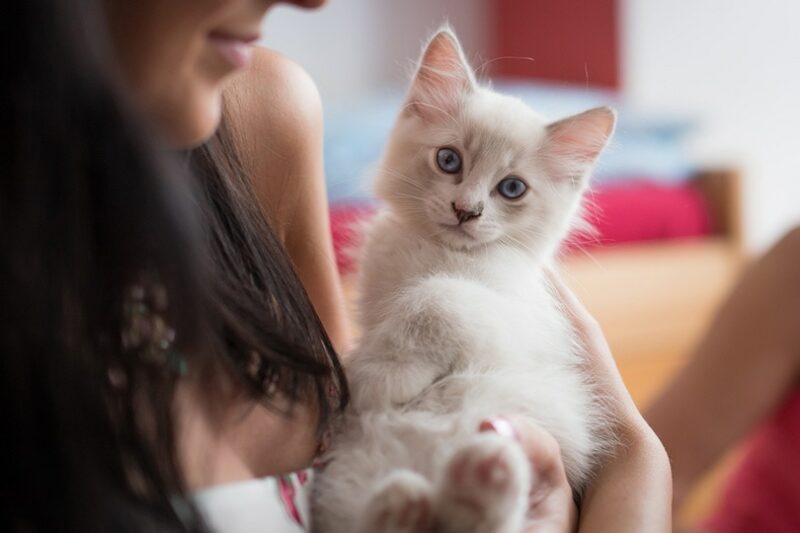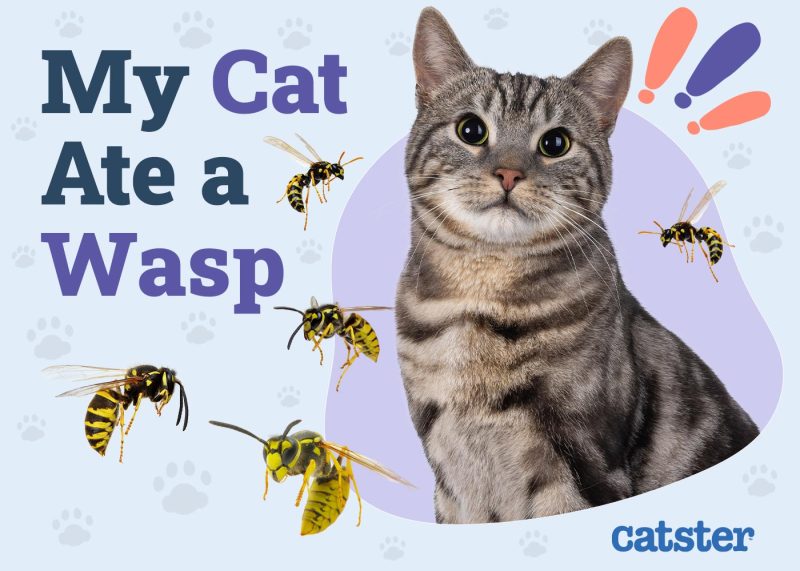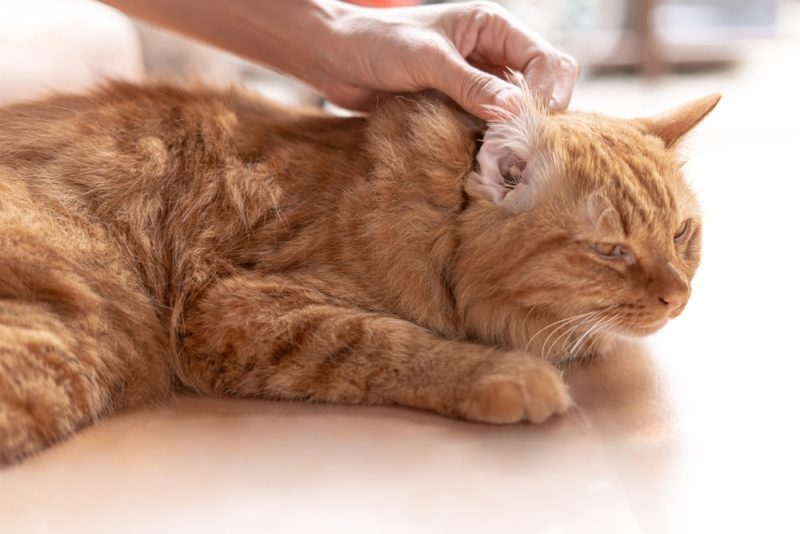Burying items, especially waste, is not at all uncommon in the animal kingdom. Dog owners have long witnessed this behavior from their canine pals, who love to bury all sorts of goodies. But cat owners observe their cats carefully burying their poop; a behavior that could make anyone wonder what was going on.
The good news is that this is completely normal behavior and not an indication that anything is wrong. In fact, the opposite is true. If your cat is burying their poop, it’s a good sign that things are functioning as they should in your household — at least within your cat’s mind. But that won’t quench your curiosity. It’s strange behavior to meticulously bury one’s feces, so why do our cats do it?

The 3 Reasons Cats Bury Their Poop
The truth is, there are several reasons why cats bury their poop. This is a behavior that has been passed down generationally since before cats began to share their lives with humans, and there are practical rationalizations behind the custom. But it’s not just a single reason why cats engage in this behavior. Let’s explore the many reasons below.
1. Biggest Cat on the Block
Many cat species have a history of burying their waste. But you’ll find that it’s just the smaller species of cats that do this. Big cats like tigers, lions, and cheetahs don’t need to bury their poop because they’re at the top of the food chain and completely dominant in their area. Smaller cats don’t enjoy the same dominance. When they all roamed together, smaller cats didn’t want to risk angering or challenging the bigger cats since they didn’t stand a chance in a fight. So, they buried their feces so that larger felines knew they were not a threat and offered no challenge.
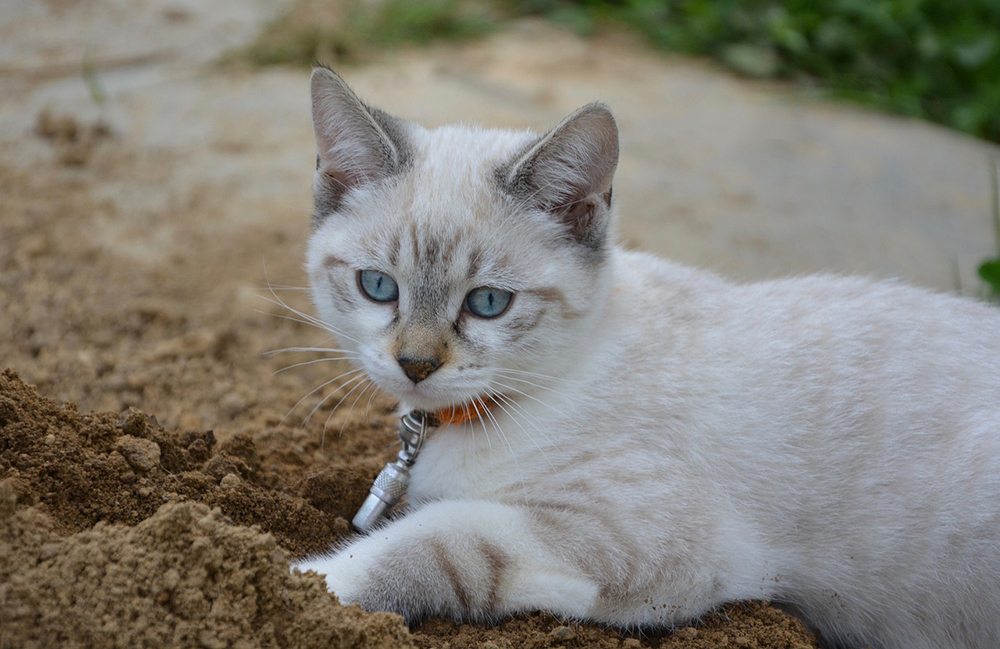
2. Other Predators on the Loose
It’s not just bigger cats that felines have had to worry about, however. Any other predators could take out a small cat, including wolves, bears, and even coyotes to name just a few. This made the world a very dangerous place for a small cat roaming the great outdoors. As such, the last thing they wanted to do is attract a larger predator to their area. They may even have had kittens in a den that would be put at risk if other predators knew they were there. But by burying their feces, these cats were ensuring their survival. Predators wouldn’t be attracted to the area without a scent to lead them.
3. Genetics Rule
These reasons are great for wildcats, but your cat is living in a house, completely safe from predators and larger wildcats. Still, your cat’s behavior is written in their DNA, and many of their habits are instinctive. This is why your cat continues to bury their feces at home. This is, in fact, a very hygienic routine that you don’t want your cat to stop doing.
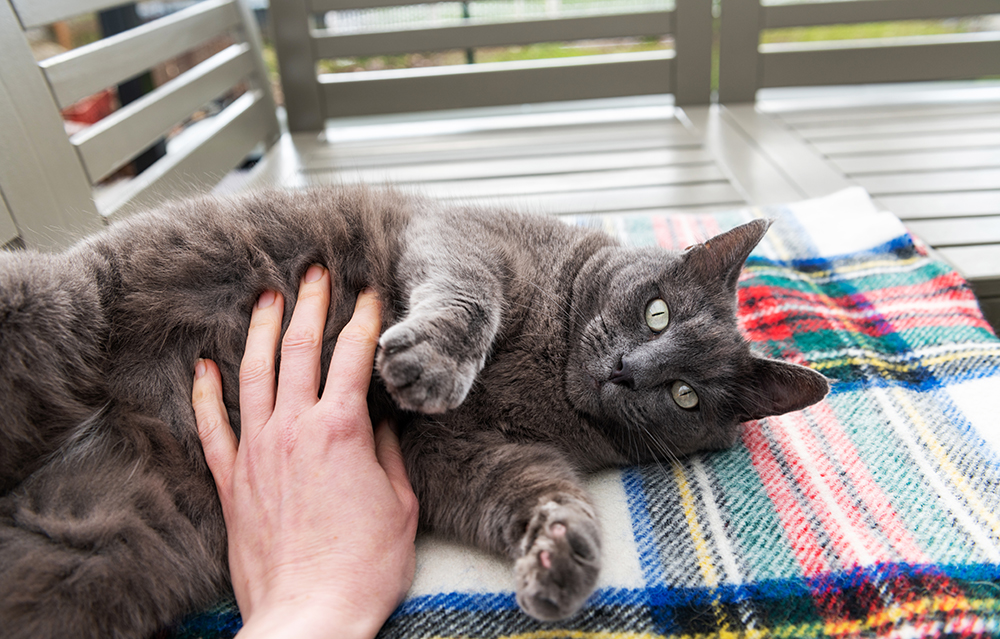

Conclusion
While a cat burying their poop might seem strange to us, the behavior makes perfect sense when you look at it in a different context. Your cat might not be in the wild surviving the dominance hierarchy and bigger predators anymore, but the remnants of that world have imprinted on our cats. They continue to show that by displaying behaviors that are a result of millions of years of evolution and survival. Luckily, this behavior doesn’t have any negative connotations, but that might not be the case for all of your cat’s behaviors!
See also:
Featured Image Credit: Zoran Photographer, Shutterstock
